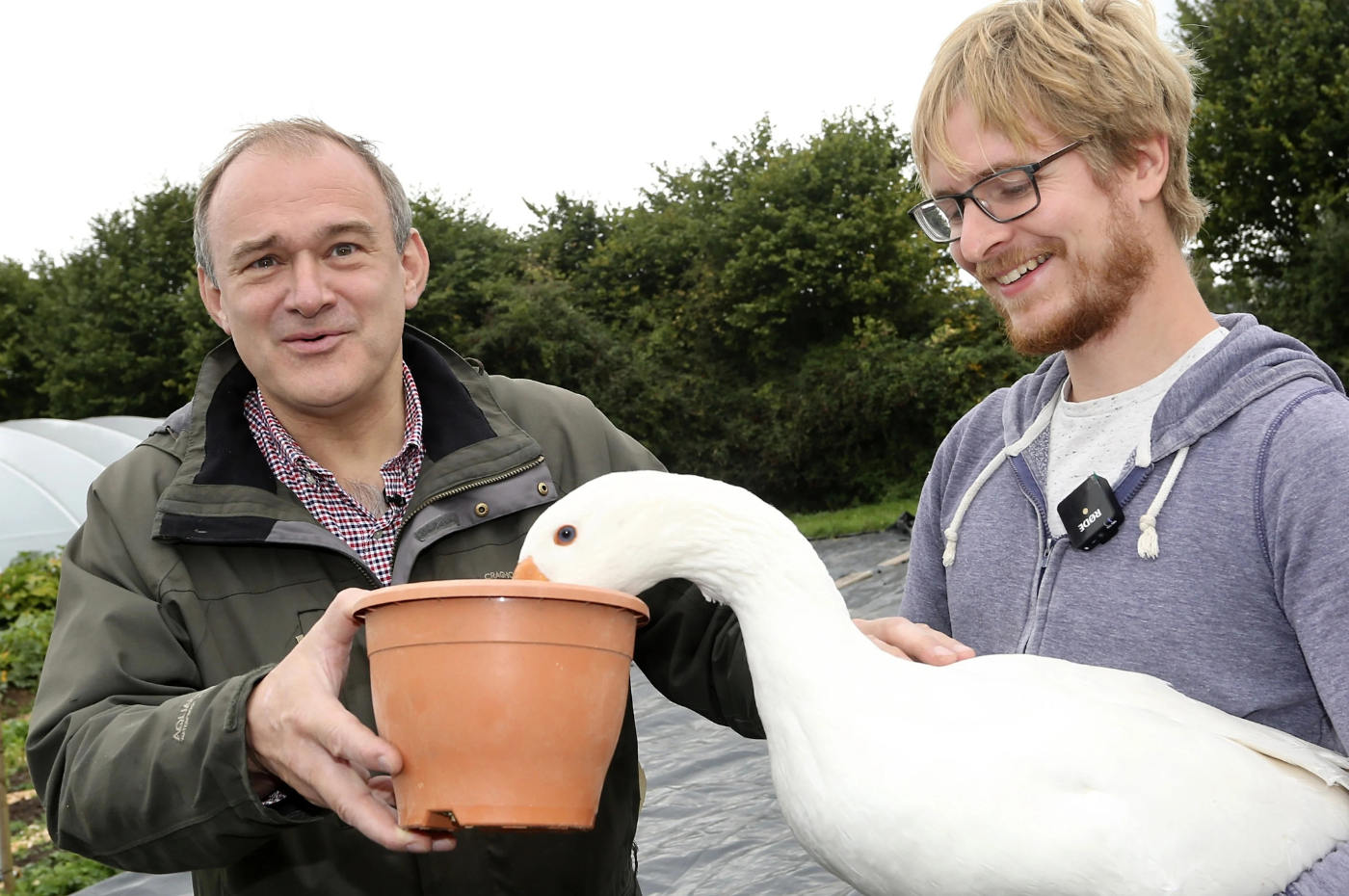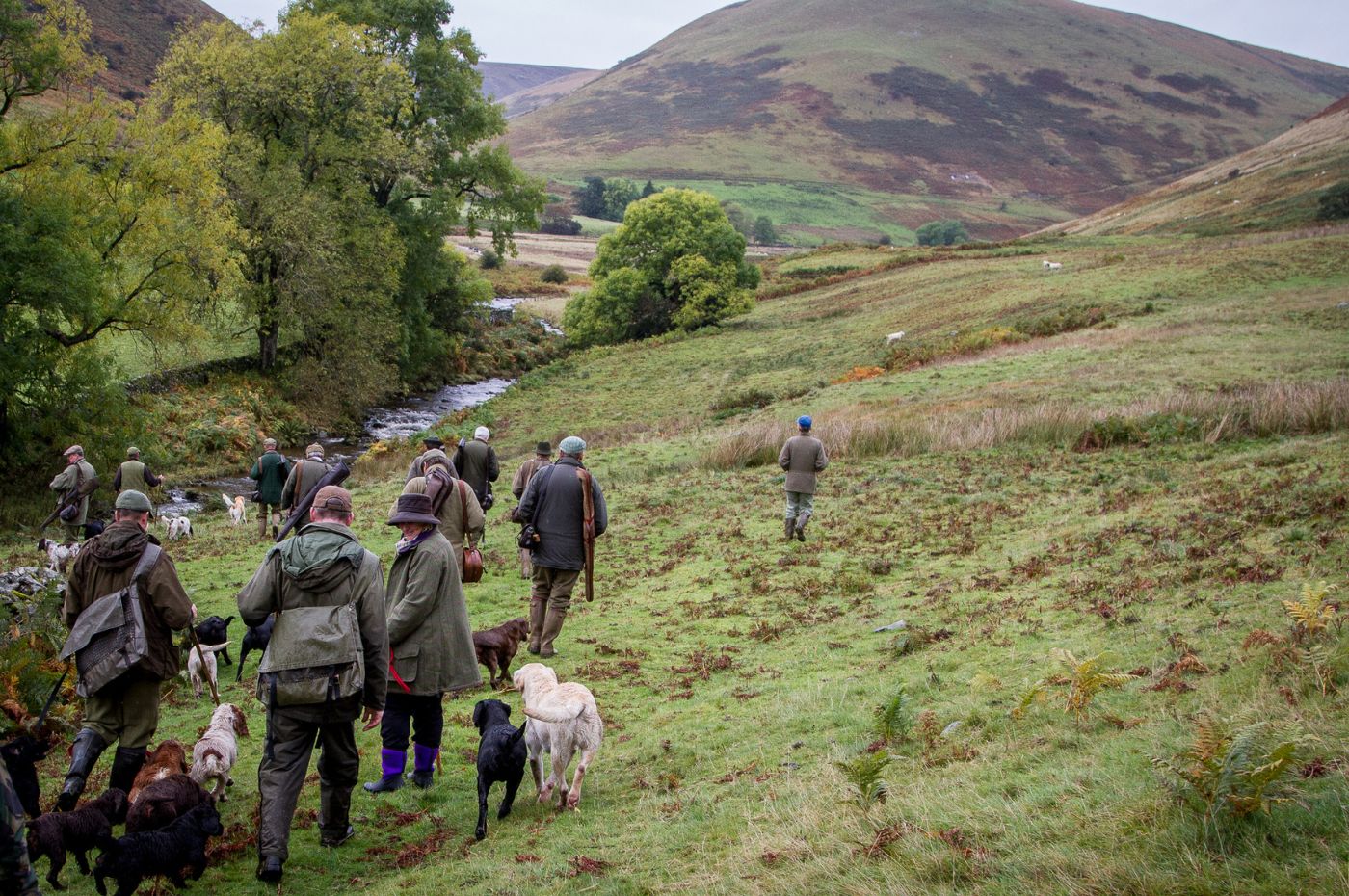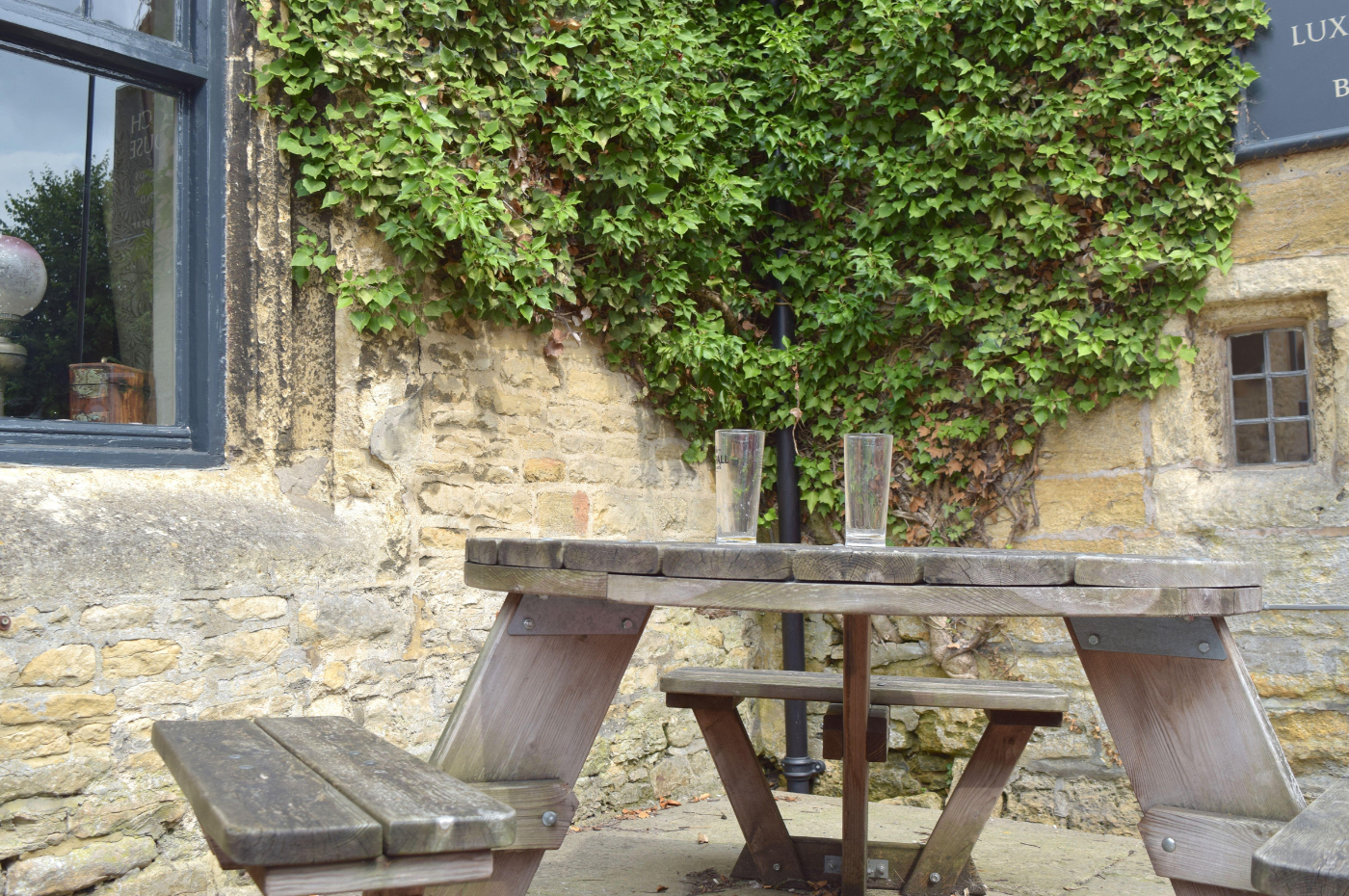Tim Bonner: Is the government in retreat on shotgun licensing?
In the current political climate making predictions is a dangerous business,...
View Details
This article first appeared in the Western Morning News, published Saturday 7 June 2025
It’s been a year since the avuncular Sir Ed Davey, with his unusual exploits, led the Liberal Democrats to the best general election result in Party history. Counting its predecessor, the Liberal Party, it was the best in 101 years – all on an absolute vote that actually dropped slightly from 2019.
Vagaries of the electoral system aside, it had been clear for some time that the Party’s strategy hinged on winning rural seats, especially in its old heartlands of the southwest of England. It paid off. Swathes of the West Country turned orange and the days when one could walk from Land’s End to Clydesdale passing only through Conservative-held constituencies were over.
Liberal Democrat activists usually deserve their image as pleasant, friendly people. Back in the late-2000s I used to campaign and stand for election in south Manchester as a Conservative, a relatively rare breed in those parts. At community events and Residents’ Association meetings my Liberal Democrat opponents would always invite me to join them; I even once had the MP’s mother apologise for campaigning against me. Even so their other, less positive reputation also showed: for attending so closely to local sentiment as to leave its national prospectus largely neglected. In other words, telling everyone what they want to hear.
Many Liberal Democrats are doughty champions for rural Britain. The Party’s Defra spokesman and former leader, Tim Farron, is a vegetarian by personal choice who nevertheless backs livestock farmers to the hilt. Wendy Chamberlain, the Chief Whip, deputy leader of the Scottish Party and my erstwhile debating partner, is passionate about improving the lot of farmers and rural communities. The former Secretary of State for Scotland and now Chair of the Commons Environment, Food and Rural Affairs Committee, Alistair Carmichael, managed to convince this Labour-majority body to endorse a report calling on the government to pause, review and amend its changes to inheritance tax that threaten family farms.
Several of its newer MPs in the West Country and beyond show similarly encouraging signs, as has the new Liberal Democrat-led administration in Devon which created a new Cabinet portfolio for rural affairs.
Yet some Liberal Democrats have a second face they are not shy of presenting where some combination of constituency interests and general naivety appear to suggest it may be in their interests. An early signal came in January when Dr Roz Savage (South Cotswolds) introduced the Climate and Nature Bill, which had been shopped around for several years by a vast coalition of green NGOs under the banner of “Zero Hour”.
The Bill sought to increase the pace of decarbonisation and the restoration of nature. Laudable goals, but the problem lay in how it sought to achieve them. Most damningly the Bill would have required the UK to cease exploring, extracting and even importing fossil fuels completely, as soon as possible. Nowhere was it explained where this would leave the petrochemicals sector and the use of hydrocarbons that could be burned as fuel, but might equally be processed into the plastics, medicines and – crucially for rural Britain – fertilisers that all remain an essential part of modern life.
A recent series of parliamentary questions has suggested bizarrely anti-rural views from some of its other, more urban MPs. Pippa Heylings (South Cambridgeshire) has asked the government for an assessment of the potential merits of requiring grouse shooting to be licensed. Helen Maguire (Epsom and Ewell) wanted landowners to be made liable for wildlife crimes by their employees that they may have known nothing about. Liz Savage (Easteigh) pressed for a timeline on the government’s plan to ban trail hunting, a modernised form of traditional hunting that does not involve chasing any wild animal.
Which, if any, of these are Liberal Democrat policies? Voters can reasonably differ on their merits but would certainly be justified for asking. The Party manifesto from last year offers few pointers. There is a pledge to ban what it terms the ‘routine’ burning of heather on peatland, with no clue given as to what was meant by ‘routine’ or how it would affect the seasonal, rotational burning that is essential for promoting new growth and combating the risk of wildfire. The policies MPs have lately been asking about were nowhere to be seen and there was little else to cause concern.
Having so recently returned as a major force in rural politics, the Liberal Democrats can no longer afford to equivocate. The Party faces a fork in the road. Does it huddle beneath the old comfort blanket of malcontented protest politics, or does it embrace the countryside and commit to doing things for rural communities instead of to them? One way may lie some scattered votes, but the other is the only route to solidifying its new parliamentary standing.

In the current political climate making predictions is a dangerous business,...
View Details
Ten thousand tonnes of rubbish tower over Oxfordshire countryside near...
View Details
Since the Budget, countryside pubs and businesses saw rate bills soar - and...
View Details